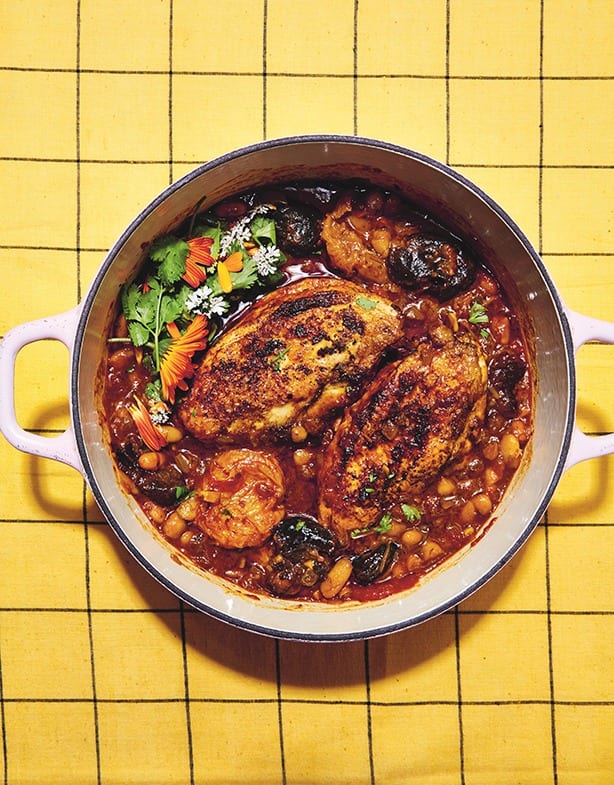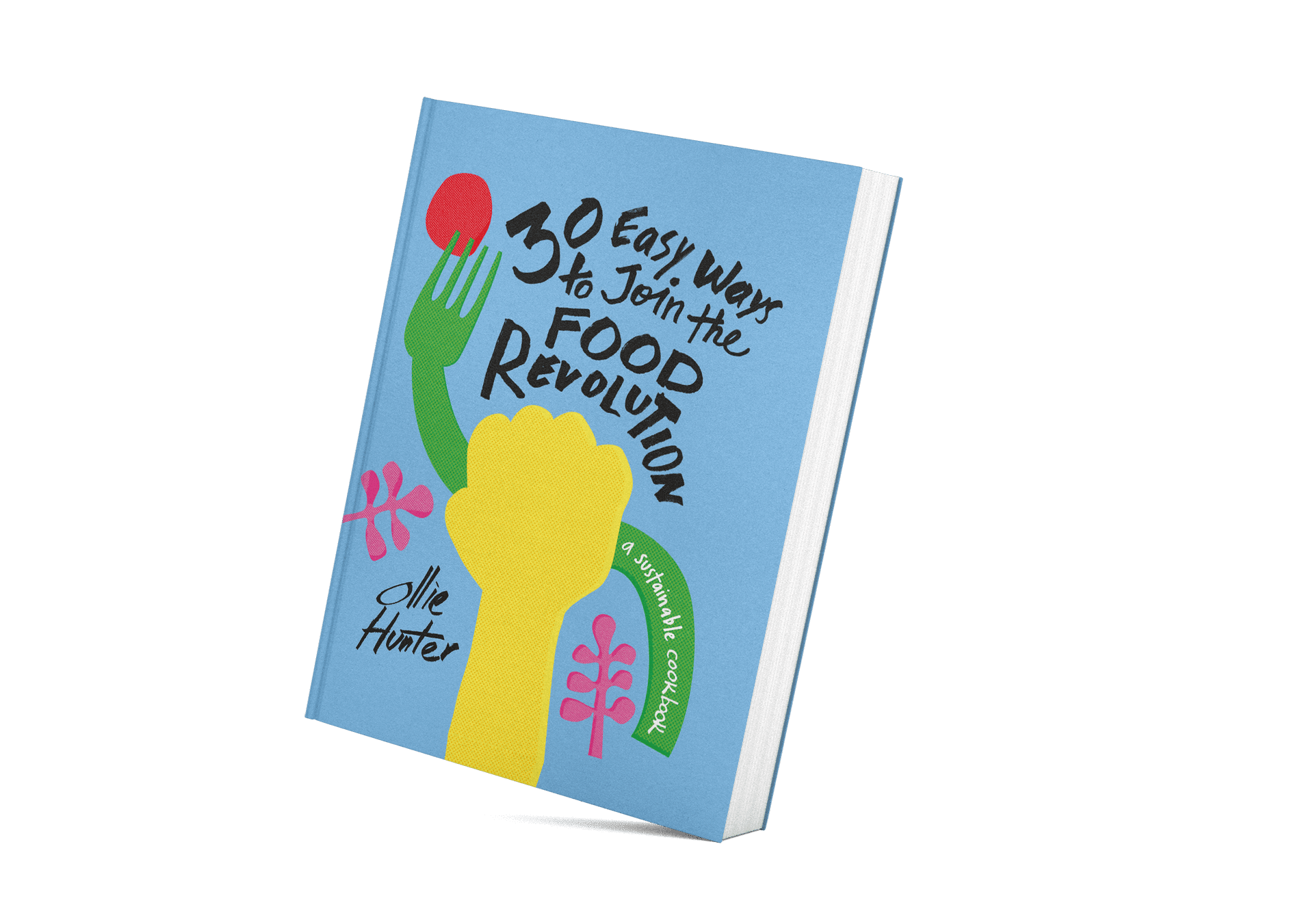Welcome to the first education extra of 2020, we had an impressive array of entries for our story writing competition and they all prove what a talented bunch you are! Congratulations to our two winners and thanks to all who entered. Reading and writing are very good for your mental health and as more schools are focussing on pupils’ overall wellbeing we look at the importance of that and what is being done to improve this as Children’s Mental Health Week will be encouraging you to ‘Find Your Brave’
FIND YOUR BRAVE
Wellbeing is becoming as much a part of the curriculum as maths and English. Find out how it can help you and your school
Superheroes would probably feature highly for most children if they were asked who they thought was brave. However, bravery comes in all shapes and sizes as this year’s Children’s Mental Health Week is out to prove.
The week from 3rd to 9th February invites schools, youth groups, organisations and individuals to take part with one goal to “Find Your Brave”.
Bravery is about so much more than just fighting evil villains, it can be about fighting your own enemies, sharing worries and not being afraid to ask for help. Perhaps you want to try something new or push yourself outside your comfort zone, build your self confidence, improve your self-esteem and feel good about yourself.
Children’s mental health charity Place2Be which provides counselling and mental health support and training in schools, says bravery is all about finding positive ways to deal with things that may be difficult, overcoming physical and mental challenges and looking after yourself. They believe that children should not have to face mental health problems alone.
Place2Be launched the first Children’s Mental Health Week in 2015 to highlight the importance of children and young people’s mental health. Now in its sixth year, they hope to encourage more people than ever to get involved and spread the word. about the importance of caring for your mental health.
Last year, Place2Be worked with 639 schools in England, Scotland and Wales, reaching 364,080 children and young people. In the same year, more than 300 schools took part in Mental Health Champions programmes, equipping school leaders, teachers and staff with the skills and confidence to support pupils’ mental health. Over 1,600 child counsellors took part in training on various levels, building an ever-growing number who specialise in working with children and young people.
The Mental Health Foundation offers The 5 Ways to Wellbeing, a set of actions which have been proven to improve wellbeing, offering a starting point for schools.
Connect
Get to know your classmates, it’s a great support network, get together over activities or just tea and a chat.
Get active
Exercise can be good for your mind as well as your body, whether you cycle, dance, run, swim, jump or walk, it’s a great way to deal with negative thoughts and feelings.
Be mindful
Take time to check in with your thoughts and feelings, you may notice things you’ve missed, try a yoga session or mindfulness, breathing techniques can be a real help especially at exam time.
Keep learning
Lifelong learning is the way to keep the brain healthy, the sense of achievement from learning something new can be great for your mood, or try a quiz or a new skill.
Give to others
Helping others can help reduce your own stress, improve your own emotional wellbeing and even benefit your physical health.
• To find out more about how these charities can help you or your school, visit www.childrensmentalhealthweek.org.uk and
www.mentalhealth.org.uk
PASTORAL CARE – CAN YOU FEEL IT?
New headmaster of Barfield School in Farnham, Andrew Boyle talks about the importance of pastoral care for pupils
As a new Headmaster, my first half of term has been spent carefully observing and evaluating the many strengths of Barfield School, while also looking for those areas where a fresh pair of eyes might make a difference. One aspect of school life which works beautifully here is the understanding of what outstanding pastoral care looks like.
With research showing that mental health issues are becoming apparent earlier and earlier in children’s lives, is it any wonder that some parents are putting more emphasis on finding a school which places a higher priority on pastoral care and wellbeing?
From your first telephone conversation with the Admissions Registrar, you are immediately making judgements as to the ethos and values of the school and rightly so! However, it is my belief that pastoral care is best measured by ‘that feeling’ you get when you walk in through the front door for the first time.
The cornerstone of a culture of warmth, support and family comes from the people. There is simply no substitute for great staff and certainly no shortcut in the relationships they build with your children. Trust your first impressions, but if you are not sure, take a few moments to look around at the children, as they are always the best ambassadors of a school and its beliefs.
Outstanding pastoral care is not just the responsibility of the named Deputy Head or a policy document to which you refer to when something goes wrong, but it is in fact a commitment from top to bottom, with the understanding that everyone has a significant role to play. Cliche or not, happy children are going to make the most progress and will fulfil their potential in all aspects of school life.
I do not have the pleasure of having children yet, but when I do, top of my wish list will be to watch them skip into school every day, safe in the knowledge that when they do hit a road bump, the people around them know them inside and out.
STORY COMPETITION WINNERS
Our younger readers have proved to be a very talented imaginative bunch if the entries for our short story competition are anything to go by. We received a great variety of stories demonstrating there could well be some future David Walliams’ and J K Rowling’s out there. Well done to all who took part, here are the winning entries…

Keep Dreaming by Bethan Hopton
Bethan’s entry charmed us for the way she showed how small random acts of kindness can make all the difference, often in the most unexpected ways and how dreams can come true
Sam was cycling down a hill when all of a sudden…”STOP”. He looked behind him and saw an elderly man next to a road. “Little boy” he croaked “can you be a dear and help me across the road?” Sam flinched at the world little but he couldn’t help stopping his bike and going over to help the man.
He checked the road to see if there was any traffic. He was used to checking the road as he was twelve. He went out on his own all the time!
They walked across the road really slowly because it took ages for Sam to walk whilst carrying all of the man’s heavy bags. Sam checked his watch. He had been helping the man for almost five minutes and they were barely quarter of the way across the road!
Sam sighed as he thought of the football match he had intended to watch when he got home from school. It would be starting any minute!
“Did you have a good day at school?” the man asked in a suspiciously high voice. ”I guess,” murmured Sam.
Eventually, they got to the end of the road. “Bye,” Sam said and began to climb onto his bike. “Bye,” the old man called after him.
When he got home, Sam slumped onto the sofa and switched on the television. He groaned as he looked at the time. He had missed a whole half an hour of the game.
“Mum” he called ”can I have a drink?” ”Sure” she answered.
The next day at school started normally. Sam met his friends outside the gates and cast a cheeky grin at Ffion, his girlfriend who was standing outside the assembly hall when he got in.
Everybody was sat down when the head teacher entered. ”So,” she said, “we have a special guest today and I’ll let them introduce themselves.” She walked off the stage and an elderly man walked on. Sam instantly realised that the man was the same man that he had helped yesterday and smiled at him. “Hello,” the man said, peeling off a mask, “I am Harry Kane.”
Sam stared at Harry and gasped. He recognised him! “You will be pleased to know that I have chosen Sam Jeffers to be my mascot at our next game because of his kindness to elderlies. I disguised myself as an elderly man yesterday, waiting for someone to help me. Many people ignored me but Sam helped me even though he didn’t seem to particularly want to.”
Beeep! Sam’s alarm clock was beeping. ”Are you awake?” his mum called from downstairs. “Yes” Sam shouted back. He quickly got changed in the uniform that Harry had told him to wear and jumped in the car. They got to the stadium early so that Harry could go over things with him. Sam gasped “It’s amazing!” “I know” whispered Harry “Good luck!”

Turning over a new leaf by Elijah Mayers
Elijah’s use of description, painting pictures through words made it easy to visualise the story he was telling and again showed the value of being kind and thinking of others
Sam was cycling down the hill when all of a sudden, his mother appeared by the roadside with her hands firmly placed on her hips. He knew straight away that something was very wrong. Sam got off the bike and walked sheepishly with his head down towards his mum.
Sam’s mother Simone was a stout overweight woman who always wore clothes two sizes too small. Her face was as round and pale as the moon. Her eyes were cold and blue like the sea. Her black hair was long and thin like liquorice running down to her waist. Simone in her high-pitched voice shrieked at Sam to “Get in the house!!!”.
Sam made his way into the house and went straight into the living-room. The house was a mess and Dad lay spread out on the sofa fast asleep. Sam’s dad was a skinny man with a potbelly who loved to wear string-vests. He had thick Ginger hair covering his entire body, making him look like an orangutan. As he slept, Sam’s dad snored. In fact, he snored so loudly that the glass of water on the table next to him shook and eventually fell on the floor.
Ever since Sam’s dad had been sacked for stealing a pair of pink pyjamas from the warehouse where he worked, all he did was lay around the house snoring like a tractor.
Simone soon followed Sam into the living-room and scream at him “What have you done!!!”. Simone went on to explain that the Headmaster’s office had called her, and they wanted a meeting tomorrow.
“I can’t miss work and your dad is useless, so your grandad will have to go with you,” Simone yelled. A wave of fear spread over Sam and that night, he had a horrible nightmare about being told off by the Headmaster.
The next day, the doorbell rang as Sam was getting dressed for school. It was his grandad Jonas wearing a bright green suit and a blue tie shimmering in the sun. Sam sighed and let him in.
Later at school, the Headmaster’s secretary told them to wait in the Headmaster’s office. Sam was so worried that he started to feel nauseous. A moment later, a tall skinny man entered the room and introduced himself as Mr Pearce the Headmaster.
Mr Pearce explained that in the past, Sam had been in trouble a lot of times for bullying. Sam was known for Kicking, punching and pushing the smaller pupils in the school. Recently, Sam has changed his behaviour and now actually helps the other pupils when they hurt themselves. Mr Pearce went on to say how pleased he was that Sam had turned over a new leaf and made himself a better person. Sam nearly fell off his chair when Mr Pearce told him they had awarded him a commendation.
When Sam got home, he showed Simone the commendation and she was so pleased that she nearly fainted. From that day on, Sam’s mum stopped shrieking at him and started praising him instead.
THE HELP HUT
Pupils at Longacre School can enjoy a welcoming environment to talk in The Bear Hut
Schools are putting more emphasis now on pupils’ mindfulness and mental health, making sure their overall needs are addressed.
One of those which has been working to help children is Longacre School in Shamley Green which has opened a new wellbeing space.
The ‘Bear Hut’, so called after the bear that features in the school’s logo, opened at the start of the September term and is already proving popular.
Funded by Longacre PTA, the Bear Hut provides a safe, quiet, welcoming environment where children can be listened to. It will be used as a space for counselling, speech therapy and occupational therapy with individual children and small groups. Mindfulness Club and art therapy will also take place inside the hut.
The Bear Hut is the brainchild of Longacre’s Head of Art and Head of Years 5 & 6, Tara Pandey. She said: “Research has shown 70% of children and young people who have experienced a mental health problem have not had appropriate interventions at a sufficiently early age and that children and young people who experience mental illness are more likely than other people to experience mental illness in adulthood.*
“Creating the right environment for children is about creating the right physical environment as well as the right emotional environment.”
She said she expects it to be used as a place for teachers to meet parents and children together to talk through any issues and to offer reassurance or just share their day.
*according to research by Young Minds
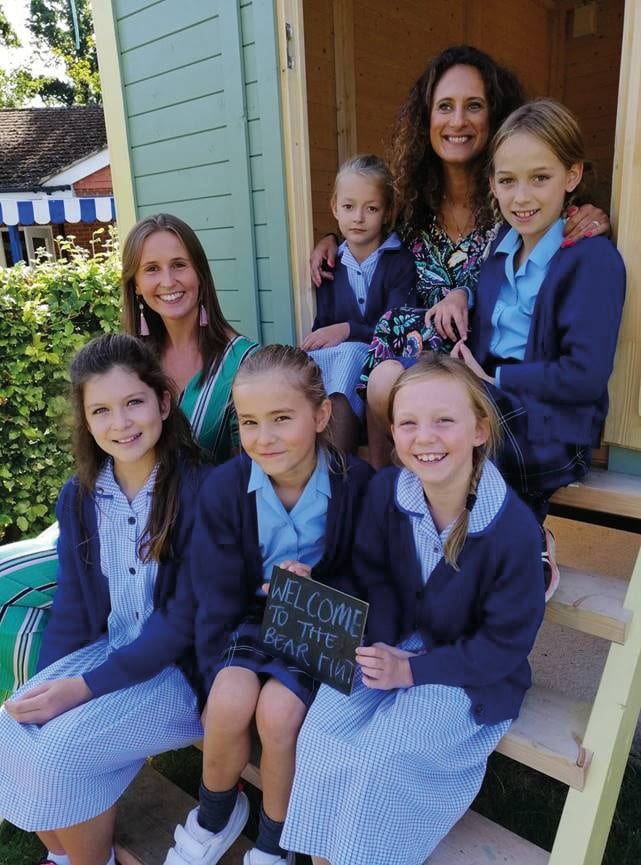
HAPPY EATING
Honey Bees Day Care, Farnham has some advice to develop your child’s healthy eating habits

How your child eats today can have a huge impact on their health, food preferences and dietary habits. The earlier you begin teaching them healthy eating patterns, the more likely they’ll be to take these good habits with them into adolescence and adulthood.
Healthy eating can stabilise children’s energy, balance their moods and prevent illnesses. A balanced diet will also ensure your child gets the necessary vitamins, minerals and nutrients for growth and mental development.To get all these nutrients, it is important your littles ones start experimenting with a wide variety of foods from an early age – fruit and vegetables, beans, lentils, lean meat, oily fish, nuts, seeds and whole grains such as brown rice and bread.
A great way to get your children to experiment with food is to make it fun:
• get creative in the kitchen and let your child try different flavours and textures of food
• try and put different colours of food on the plate so they get a variety of nutrients, turn it inot a game with the colours
• get them involved in the weekly food shop, learn about where different foods come from
If they won’t try different foods, don’t worry: the majority of children go through phases with their eating, and habits will often change over time.
• Day care and forest school, Honey Bees, based in Bentley, near Farnham offers a full curriculum to get the most out of any child’s time in their care, including gymnastics, yoga and French
OUTSTANDING NURSERY
The Lime Tree Nursery in Alton is celebrating its top class report
A homely setting and an environment in which children flourish are just two of the reasons why Lime Tree Nursery in Alton has been rated outstanding.
The recent inspection revealed four areas in which Lime Tree was outstanding citing the “rich and stimulating activities” which support development and commented on the “exciting opportunities that skilfully prepares them for their future successes”.
There was also praise for the qualified and experienced staff, with the report saying: “They are always engaging with the children and make this a wonderful environment for the children to flourish.”
The report continues to say: “Children learn impressive new skills during forest school sessions, including how to use tools safely and how to cook food on open fires. The well-resourced outdoor area provides the children with various opportunities for exploration, risk taking and challenge.”
Relationships with parents were also highlighted. The report said: “They liken the nursery to a family and are delighted with their extremely supportive care.”
Lime Tree Children’s Day Nursery is set in a home from home, with an enclosed garden, full of nature to explore and with direct access to Anstey Park. Open for 51 weeks, from 8am – 6pm, taking children from birth to school age.
The nursery also welcomes children back during the school holidays for their first year of school, making the transition to school from nursery much easier.
THE POWER OF READING
Find out how ARCh can help
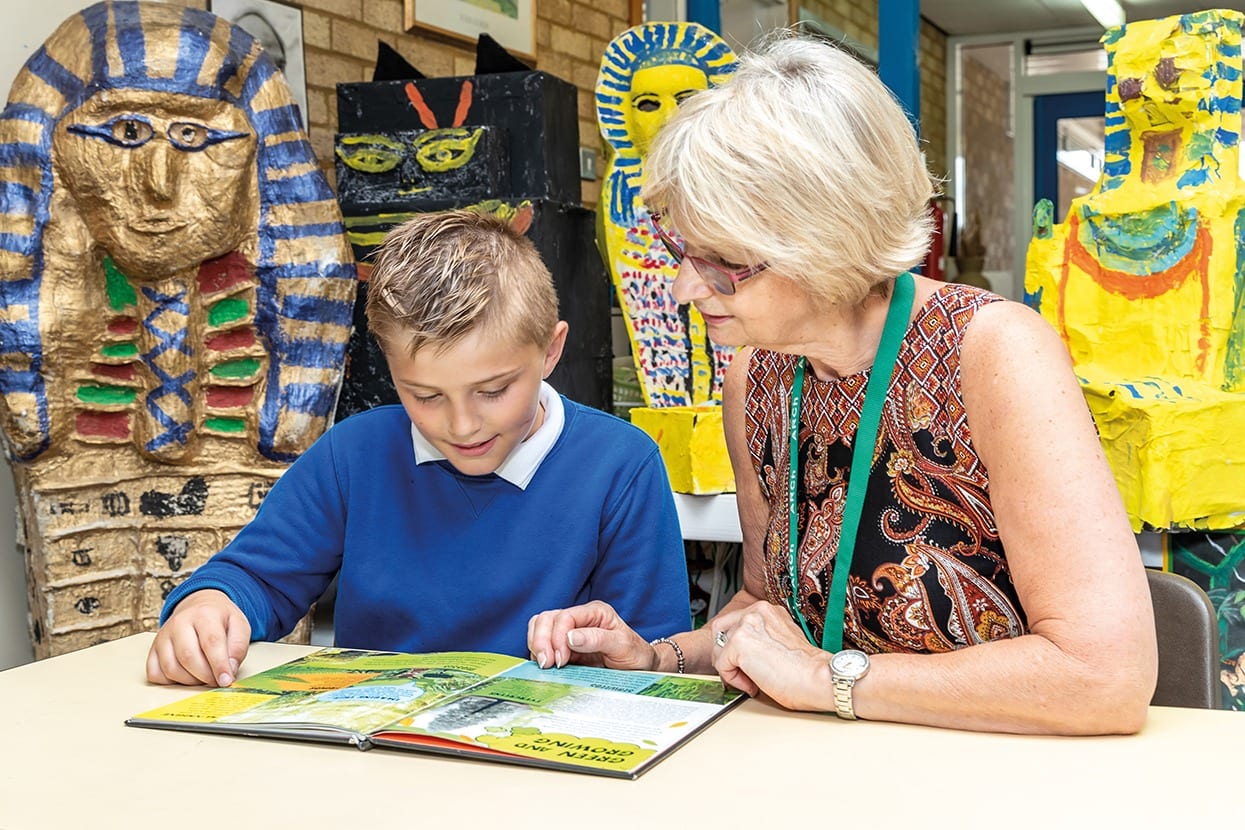
Reading for pleasure can increase self-esteem, reduce symptoms of depression, help build better relationships and reduce anxiety and stress. When immersing yourself in a good book, you can be swept away to a happy world, away from any dilemmas or stresses. Certain books can also help you realise you are not alone, which is often a focus for the healing process; recognising others may be going through similar struggles.
But what happens if you can’t read well? Assisted Reading for Children Oxfordshire (ARCh) has over 300 volunteers visiting primary schools twice a week to read with three children for 30 minutes each. Each volunteer has a box of books and games to engage with each child and they endeavour to find the right book to inspire a love of reading. An ARCh session focuses on the child improving their reading skills, but it’s about so much more; it’s about a special relationship helping that child gain confidence and knowing it’s OK to make mistakes.
The children and their adult volunteers benefit from the connection between reading and mental wellbeing. People who read into old age can reduce memory decline and have fewer physical signs of dementia. By sharing the magic of reading with a child, the volunteers can gain empathy and perspective at a time when their own connections may have reduced and a sense of loneliness may have crept in.
• To share the magic of reading and enhance your wellbeing in 2020 visit www.archoxfordshire.org.uk or call 01869 320380 to find out more. Happy reading!
IT’S ALL ABOUT THE QUESTION
Former head Gerald Vinestock has useful advice before you head off to a school open day
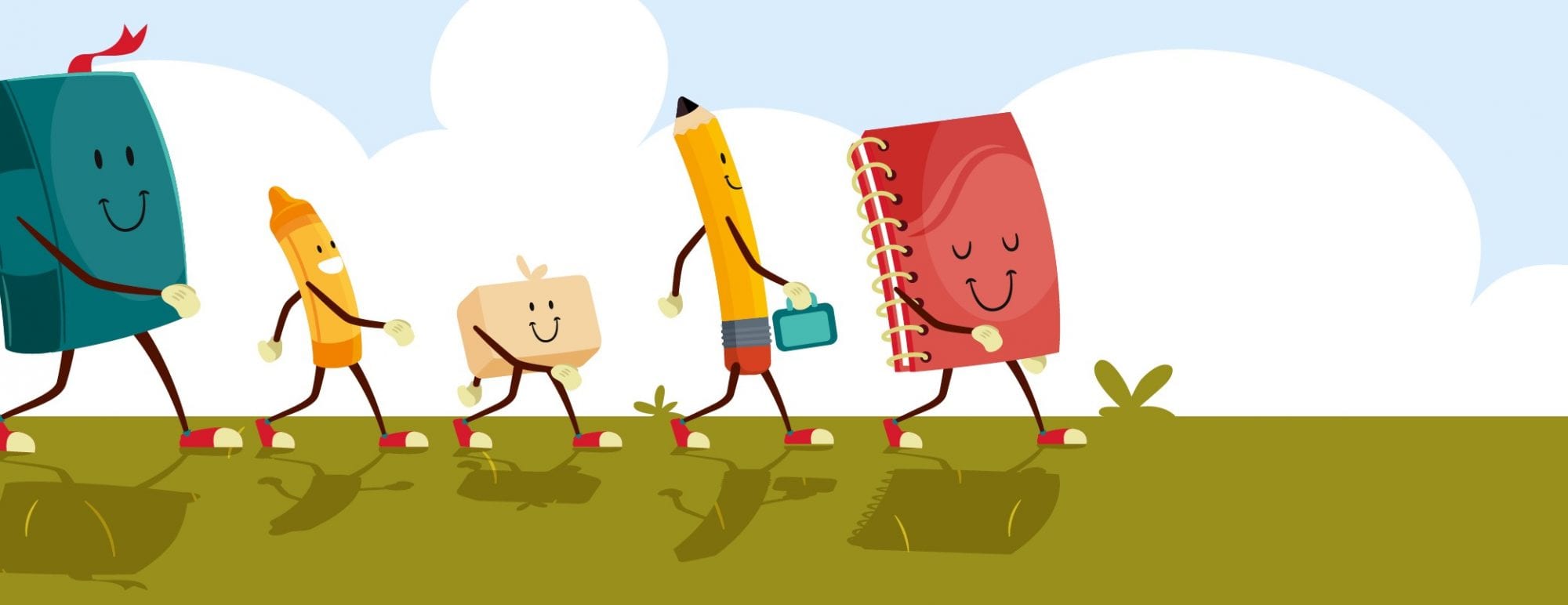
It’s easy enough to mock open days, but parents can find them useful. It’s important first to realise the school is selling itself and parents are potential customers; parents should forget their own schooldays terror of visits to the Head and ask the questions that matter.
If your Ermintrude is a budding Mozart, don’t reveal that until you have the answer to the question, ‘How important is music in the school?’ You are much more likely to get the answer you need than if you start by revealing that Ermintrude passed Grade 6 clarinet at the age of three.
Keep questions neutral therefore, but make sure you do ask them.
You may be shown round by a pupil – that is a good sign of the school’s confidence in its children – and you will be able to gauge a lot about the relationship between pupils and staff as you go round. You will pick up, even on an open day, something of the atmosphere of the school. That matters even more than exam results, though you should ask about these and where pupils go after leaving.
Classrooms are revealing and you should look at what’s on the walls, but remember that a rather untidy piece of writing pinned up prominently may reveal that here is a teacher who really cares: that particular piece of writing may mark a huge step forward for the pupil, whose confidence has now been boosted by public display of this work.
A visit on an open day can be helpful, but if you are close to choosing a school, a second visit on a normal school day will be even more helpful to enable you to gauge the atmosphere. Not all schools can cope with such individual visits, but it is worth asking, it will be easier to assess what the school is really like on a normal day and to ascertain whether this will be the right place for Ermintrude or Wilfred. Much more important than what gossip may say is whether you feel the school is right for your child. If you have met caring staff and happy children that matters more than local tittle-tattle when you come to make a very important decision.
The most important thing to remember is that however impressive and daunting the Head may be, ask the questions that are important for you and keep them neutral!
Gerald Vinestock was Northern Regional Director for the Independent Schools Information Service (Now ISC). He has recently had published Crib and the Labours of Hercules a children’s book available locally at Blackwell’s. Read more from Gerald Vinestock at www.geraldvinestock.co.uk
PUPIL POWER
Berkshire schools encouraged to enter conservation awards
School children in Berkshire are being invited to do their bit for the environment by taking part in the 2020 Dorothy Morley Conservation Awards in honour of a pioneering campaigner.
The awards are promoted by CPRE Berkshire and recognise the two best school projects promoting environmental conservation with prizes of £1,000 and £500 on offer.
CPRE Berkshire branch secretary Gloria Keene said they were encouraged by young people’s desire to change their local environment.
She said: “By promoting this award scheme throughout the county, we hope that we can help school children feel that they can really make a difference, particularly when news about the climate change emergency might feel overwhelming.

“We believe local action can bring big changes and look forward to hearing about pupils, teachers and parents working together on what we know will be some fantastic projects.”
Past examples of projects include tree planting and waste recycling, partnerships with organisations in towns and villages, promoting organic and local food, creating and developing school gardens and creating and maintaining wildlife friendly community areas.
The award reflects the work of Dorothy Morley who died in 1995 and was a strong campaigner on environmental issues. In addition to the £1,000 first prize and £500 for the runner up, all shortlisted schools are invited to display information about their project at CPRE Berkshire’s July presentation event.
The deadline for schools to register their interest is 31st January. For more information contact Gloria on 0118 930 6756 or email [email protected]







